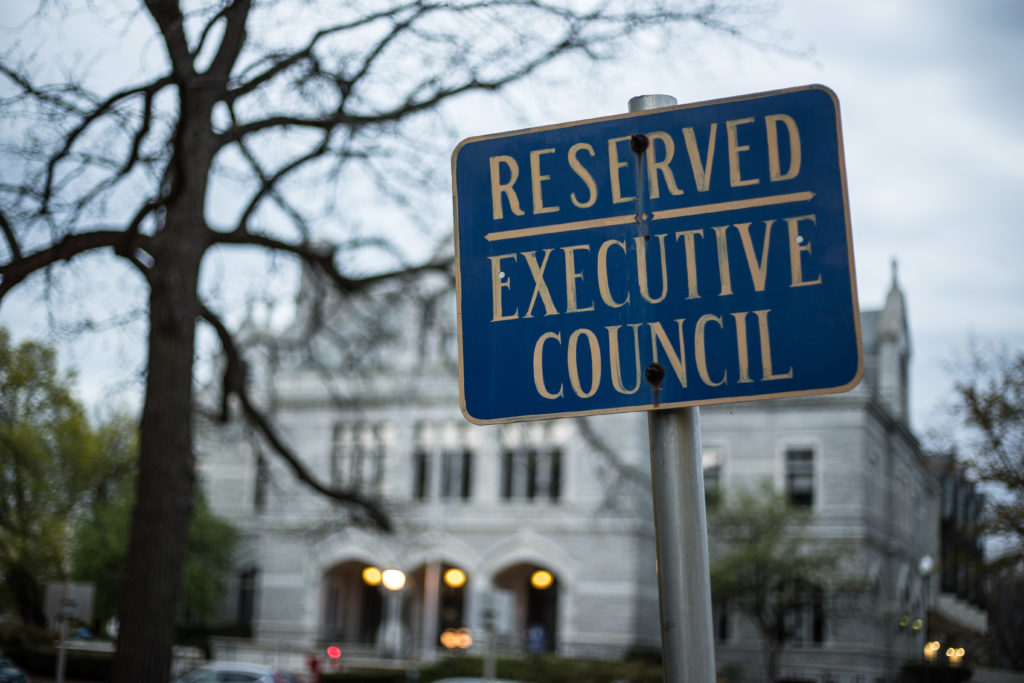(Adapted from an earlier blog post)
If you ask the typical New Hampshire citizen who has the final say over state matters, they’re likely to answer, “the Governor.” After all, the Governor has the authority to veto legislation, propose the budget, and is responsible for the oversight of every agency. But that answer is only part of the equation.
Take NH Supreme Court nominees. Especially in this time when more authority is being vested at the state level in the wake of the U.S. Supreme Court’s overturning of Roe v. Wade, it is more critical than ever. Who serves on the Court and how they see their role in our government has profound implications for how our state constitution is either upheld or potentially reinterpreted to serve a larger agenda. So, how will our Governor select our state-level nominees?
Fortunately, that’s not the end of the story for New Hampshire voters. There’s a little-recognized elected body in the state that just might render both candidates’ positions irrelevant. That body is the Executive Council. The Executive Council isn’t just a group of advisors. Its members wield real power in the state and serve as an important check on the Governor’s authority. Whether we’re talking about significant state contracts, pardons, or judicial nominations, it’s the Executive Council that has the final say. If that is news to you, you are far from alone. In fact, it might surprise you that the power of New Hampshire’s Executive Council is unmatched by any other similar state body in the country.
Lest you have any doubts, consider that New Hampshire cannot fill a Supreme Court vacancy without approval from the Executive Council, and that’s by design. The New Hampshire Constitution imposed the Council as a check on the Governor: without confirmation from three of five Councilors, a nomination is dead.
So, while politicians can create all kinds of litmus tests for judicial nominees, without support from three of the five Executive Councilors, the “litmus test” is meaningless.
And would you be surprised to know it is the Executive Council, not the Governor, who makes the final decision on department heads? For example, a shift of a single Council vote back in early 2017 would have deprived New Hampshire students and families of the innovative leadership of Education Commissioner Frank Edelblut.
The Council’s authority doesn’t end there. Council members also vote on the state contracts required to carry out the budgetary decisions of the legislature. Again, each contract requires a Council majority for approval. The Governor doesn’t have any role beyond naming the department heads who negotiate each proposed contract – and even those department heads have to get approval from the Council before taking their jobs. Take a moment to let that sink in. So, knowing how important the Council race is, what can you as a voter expect to see on your ballot in November? There are five Council districts. Each voter will see one Council race on the ballot. Each Council candidate merits your time to give them the highest scrutiny. An abortion-friendly Governor’s hands will be essentially tied if three pro-life Councilors are elected. Conversely, a Governor who supports education freedom for students can be stymied by three Councilors opposed to giving parents flexible schooling options.
The time to pose hard questions to Council candidates is now, especially considering these five individuals have serious constitutional authority in the state. That said, it’s important for voters to pay attention to all down-ballot races.
In November, voters won’t be just selecting the next Governor and their legislators, they will be deciding who will fill our five Council seats. We hope you agree with us that this is arguably New Hampshire’s most significant down-ballot race. As a voter who is serious about the direction our state is taking, you need to be just as serious about who you send to serve on the Executive Council.
Voters who do give the Executive Council and all down-ballot races the attention they deserve will be making sure that the authority we entrust these individuals with is used to serve the people. Voters who skip down-ballot races risk handing that power to people who will be all too happy to accommodate their own “litmus tests.”
New Hampshire deserves better.


